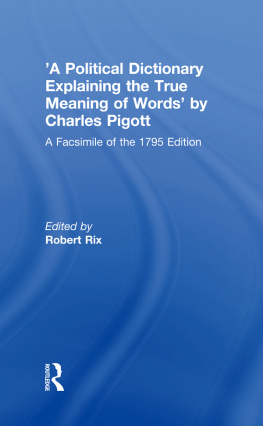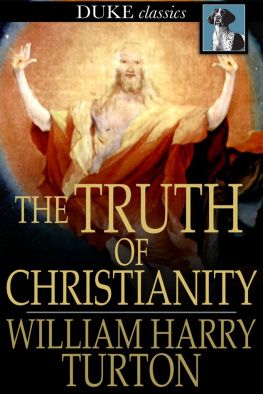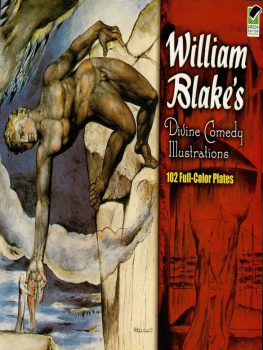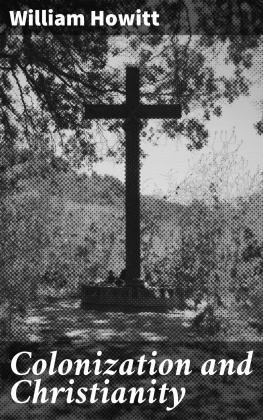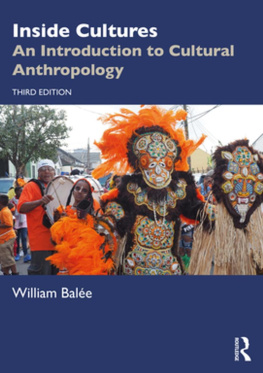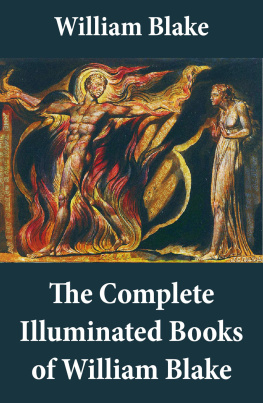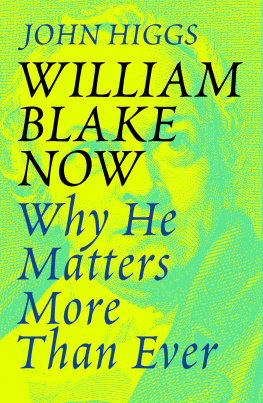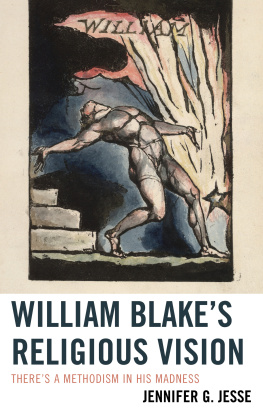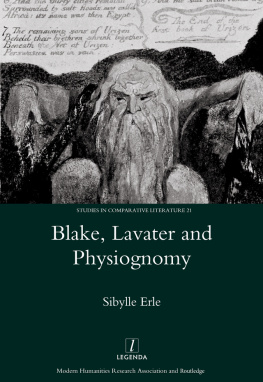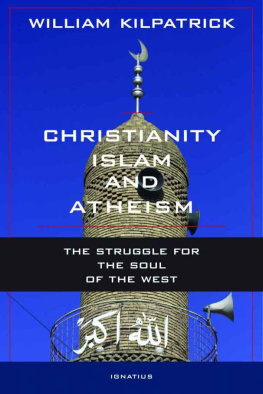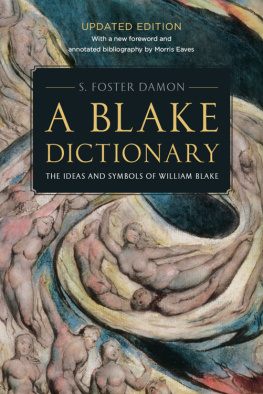Robert Rix - William Blake and the Cultures of Radical Christianity
Here you can read online Robert Rix - William Blake and the Cultures of Radical Christianity full text of the book (entire story) in english for free. Download pdf and epub, get meaning, cover and reviews about this ebook. year: 2007, publisher: Taylor & Francis, genre: Religion. Description of the work, (preface) as well as reviews are available. Best literature library LitArk.com created for fans of good reading and offers a wide selection of genres:
Romance novel
Science fiction
Adventure
Detective
Science
History
Home and family
Prose
Art
Politics
Computer
Non-fiction
Religion
Business
Children
Humor
Choose a favorite category and find really read worthwhile books. Enjoy immersion in the world of imagination, feel the emotions of the characters or learn something new for yourself, make an fascinating discovery.

- Book:William Blake and the Cultures of Radical Christianity
- Author:
- Publisher:Taylor & Francis
- Genre:
- Year:2007
- Rating:5 / 5
- Favourites:Add to favourites
- Your mark:
- 100
- 1
- 2
- 3
- 4
- 5
William Blake and the Cultures of Radical Christianity: summary, description and annotation
We offer to read an annotation, description, summary or preface (depends on what the author of the book "William Blake and the Cultures of Radical Christianity" wrote himself). If you haven't found the necessary information about the book — write in the comments, we will try to find it.
Robert Rix: author's other books
Who wrote William Blake and the Cultures of Radical Christianity? Find out the surname, the name of the author of the book and a list of all author's works by series.
William Blake and the Cultures of Radical Christianity — read online for free the complete book (whole text) full work
Below is the text of the book, divided by pages. System saving the place of the last page read, allows you to conveniently read the book "William Blake and the Cultures of Radical Christianity" online for free, without having to search again every time where you left off. Put a bookmark, and you can go to the page where you finished reading at any time.
Font size:
Interval:
Bookmark:

University of Copenhagen, Denmark

2 Park Square, Milton Park, Abingdon, Oxon OX14 4RN
711 Third Avenue, New York, NY 10017, USA
Product or corporate names may be trademarks or registered trademarks, and are used only for identification and explanation without intent to infringe.
Rix, Robert, 1970
William Blake and the cultures of radical Christianity
1. Blake, William, 17571827 Religion 2. Blake, William, 17571827 Criticism and interpretation 3. Religion and poetry 4. Swedenborgians Influence
I. Title
821.7
Rix, Robert, 1970
William Blake and the cultures of radical Christianity / by Robert Rix.
p. cm.
ISBN 978-0-7546-5600-5 (alk. paper)
1. Blake, William, 17571827Religion 2. Swedenborg, Emanuel, 16881772Influence. 3. Bvhme, Jakob, 15751624Influence. 4. Theology in literature. 5. Radicalism in literature.
I. Title.
821'.7dc22
- BR Blake Records, ed. G.E. Bentley, 2nd edn (New Haven and London: Yale University Press, 2004).
- E If not otherwise indicated, all citations from Blake's writings are from David V Erdman's edition of The Complete Poetry and Prose of William Blake, rev. ed. (New York: Doubleday, 1988) and will be marked in parenthesis. References to plate illustrations follow Erdman's numbering. Plate number (pl.) is given, followed by the verse lines, when applicable.
- Marriage William Blake, The Marriage of Heaven and Hell (1790?), in The Complete Poetry and Prose of William Blake.
- TCR Emanuel Swedenborg, The True Christian Religion, containing the Universal Theology of the New Church, trans. John Clowes, 2 vols. (London: J. Phillips et al., 1781).
Font size:
Interval:
Bookmark:
Similar books «William Blake and the Cultures of Radical Christianity»
Look at similar books to William Blake and the Cultures of Radical Christianity. We have selected literature similar in name and meaning in the hope of providing readers with more options to find new, interesting, not yet read works.
Discussion, reviews of the book William Blake and the Cultures of Radical Christianity and just readers' own opinions. Leave your comments, write what you think about the work, its meaning or the main characters. Specify what exactly you liked and what you didn't like, and why you think so.

